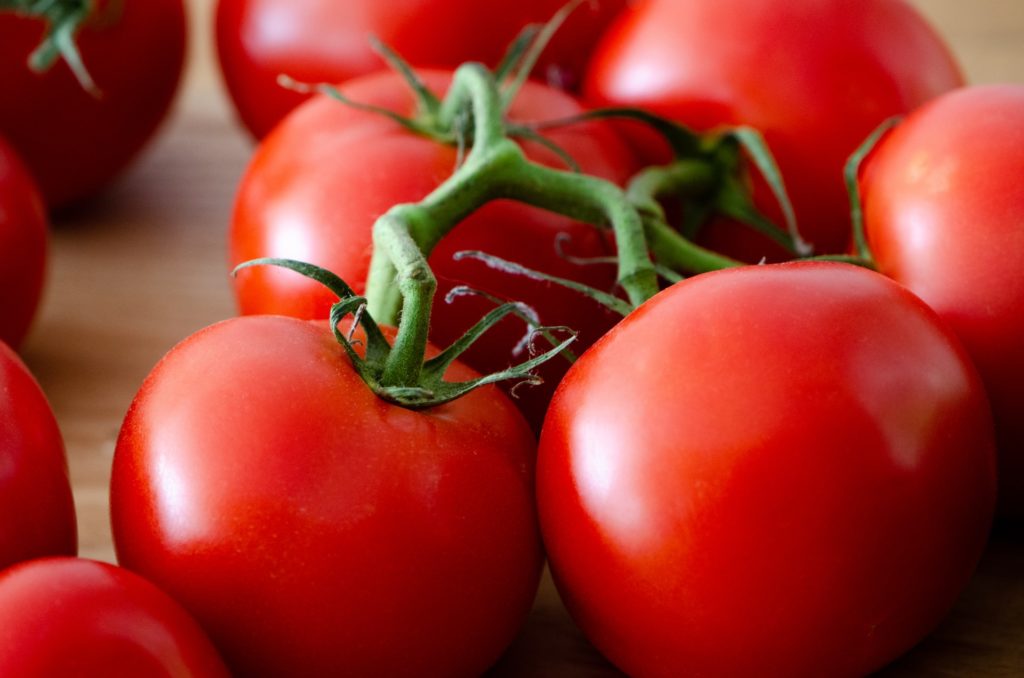Belgians consumed more fruit and vegetables in 2020, but the totals are still below those that nutritionists would wish to see, according to a recent poll.
The research was carried out by market research company GfK Belgium, commissioned by VLAM, the Flemish government’s centre for agricultural and fisheries marketing. It took in the results of questions put to 6,000 Belgian families.
Thanks to the coronavirus epidemic in Belgium in 2020, more people were laid off from work or working from home, which saw the purchase of foodstuffs from retail sources increase by 12%.
That increase in food purchased also extended to fruit and vegetables. Belgian bought on average 40kg of fresh vegetables in 2020, compared to 36kg in 2019 – an increase of 11%. Fruit purchases went up from 43kg in 2019 to 45kg in 2020 – an increase of just 4%.
The leading vegetable purchase was tomatoes (yes, technically a fruit) with average household sales of 5.52kg, just ahead of carrots (5.04kg) and onions (3.87kg).
In the fruit basket, bananas led the field with 7.42kg, ahead of apples (7.33kg) and oranges (6.09kg).
To put those figures in perspective, the average Belgian household bought on average 14.1g of apples every week. The average apple weighs between 70g and 100g. That’s one apple per household every five weeks.
Not surprisingly, then, the conclusion remains that Belgians eat too little fruit and vegetables on the whole. That has led VLAN to launch a new campaign aimed at encouraging the public to do better. The campaign forms part of the United Nations Food and Agriculture Organisation’s drive to improve consumption of plant-based foods in what the FAO has declared as International Year of Fruit and Vegetables for 2021.
The campaign will involve TV advertising nationwide, on French- and Dutch-speaking channels.

